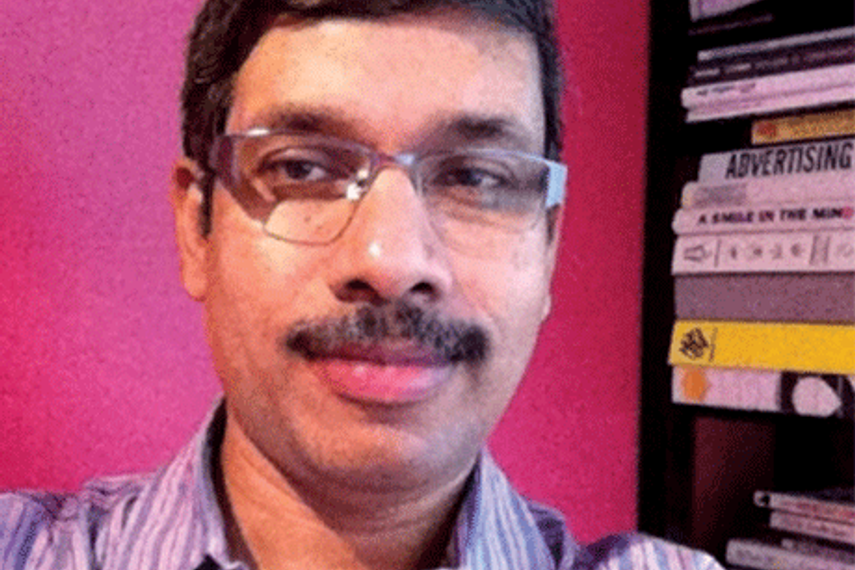
Please sign in or register
Existing users sign in here
Having trouble signing in?
Contact Customer Support at
[email protected]
or call+91 22 69489600
Nishad Ramachandran, vice president and head, iContract, on why we should all hang a metaphorical 'L' board around our necks in the new year

Contact Customer Support at
[email protected]
or call+91 22 69489600
Top news, insights and analysis every weekday
Sign up for Campaign Bulletins
What we call 'media fragmentation' is simply reality catching up with an industry that prefers linear planning templates.
In 2026, the real shift in media will not be about platforms, channels or formats, but how attention is engineered and measured.
Season five’s TV comeback underscores that reaching its next growth phase will depend on advertisers evolving with audiences, not slicing them into narrow demographics.
Adland’s holding groups went on a 2025 buying spree, with Omnicom forming the world’s largest agency via IPG, while Publicis and Havas scooped up APAC indies amid a martech and AI boom.